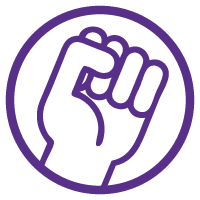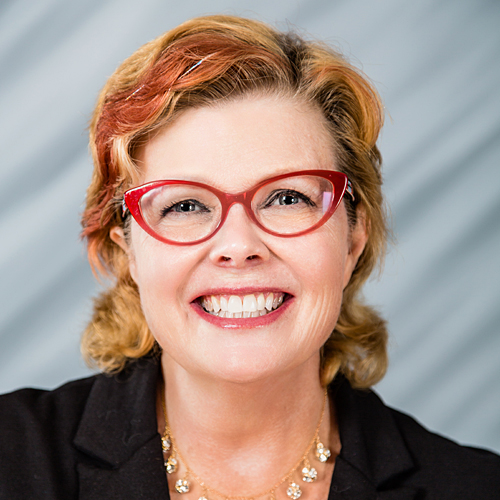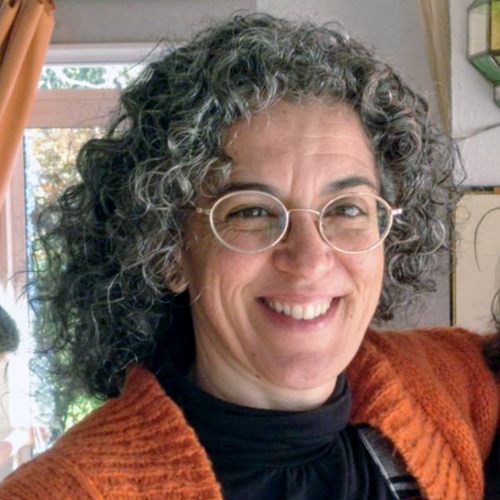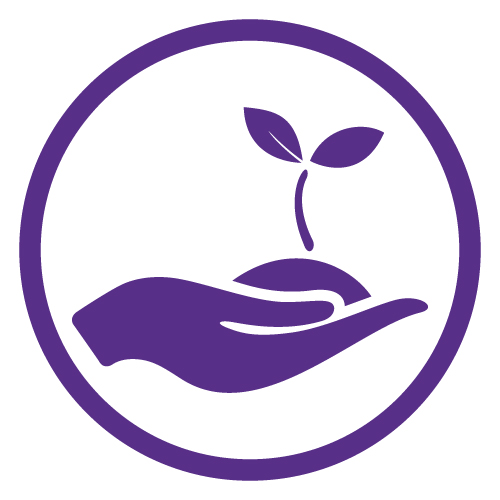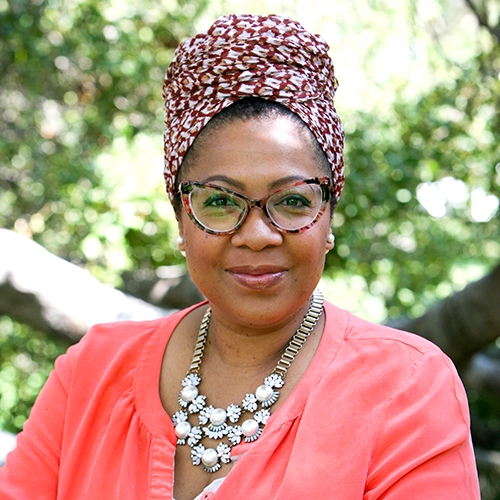 IBCLC Detailed Content Outline: Clinical Skills / Education and Communication Focused CERPs - Section VII B
IBCLC Detailed Content Outline: Clinical Skills / Education and Communication Focused CERPs - Section VII B
Access CERPs on Clinical Skills / Education and Communication for the IBCLC Detailed Content Outline recertification requirements. On-demand viewing of the latest Clinical Skills / Education and Communication focused IBCLC CERPs at your own pace.
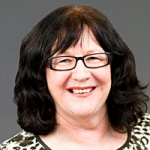
Learning styles – Certainly Not a One Size Fits All

Geraldine has been involved in breastfeeding support and education for 30 years in Ireland. She works in private practice as a Lactation Consultant doing home visits. She has a major interest in Adult Education and she runs Training of Trainer (Lactation) courses for healthcare professionals in Ireland. She tutors for a group called Cuidiú, training both breastfeeding counselors and childbirth educators.She has organized Peer to peer education for other groups in Ireland and abroad. Geraldine has spoken at many conferences both in Ireland and abroad or a range of topics but her choice usually comes back to her interest in Adult education and the theories around learning styles, groupwork, experiential learning and programme development.
Topic: Learning styles – Certainly Not a One Size Fits All - [View Abstract]
Learning styles can be defined as the cognitive, effective and psychosocial behaviours that can serve as relatively stable indicators of how learners perceive, interact with and respond to a learning environment. Learning styles are just one part of Adult education theory, how do the theories around Androgogy, Transformation learning, Experiential learning and programme development affect those offering education in the world of breastfeeding. In this session, we will explore what we have to understand about how adults learn in order to be able to communicate effectively. We will also explore ways to empower people to understand breastfeeding and their role in advocating for women and babies.
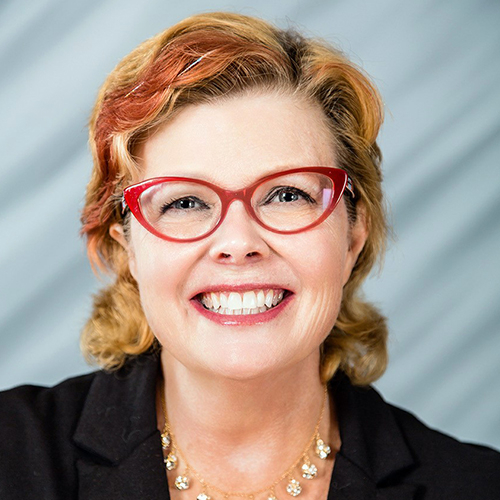
Lessons to Learn from Fed Is Best: How Can We Improve Our Care?

Dr. Kendall-Tackett is a health psychologist and International Board Certified Lactation Consultant, and the Owner and Editor-in-Chief of Praeclarus Press, a small press specializing in women's health. Dr. Kendall-Tackett is Editor-in-Chief of the journal, Psychological Trauma and was Founding Editor-in-Chief of Clinical Lactation, a position she held for 11 years. She is Fellow of the American Psychological Association in Health and Trauma Psychology, Past President of the APA Division of Trauma Psychology, and a member of APA’s Publications and Communications Board.
Topic: Breastfeeding Helps Mothers Overcome the Legacy of Abuse and Adversity: It Makes All the Difference - [View Abstract]
Topic: Burnout, Compassion Fatigue and Self-Care for Members of the Perinatal Team - [View Abstract]
Topic: Burnout, Secondary Trauma, and Moral Injury in Perinatal Care Providers - [View Abstract]
Topic: Does Breastfeeding Protect Maternal Mental Health? The Role of Oxytocin and Stress - [View Abstract]
Topic: Lessons to Learn from Fed Is Best: How Can We Improve Our Care? - [View Abstract]
Topic: Mother-Infant Sleep Location: It's Not as Simple as it Seems - [View Abstract]
Topic: Trauma and Breastfeeding: Working Effectively with Trauma Survivors - [View Abstract]
Topic: What’s New in Postpartum Depression? A Summary of Current Findings - [View Abstract]
Fed is Best is a foundation with a major social media presence who seek to warn parents and practitioners about the dangers of insufficient exclusive breastfeeding. Through their social media campaigns that have galvanized a backlash against exclusive breastfeeding, lactation care providers, and the Baby-Friendly Hospital Initiative. Although lactation specialists disagree with much of their content, they have raised awareness about mothers who do fall through the cracks of our care system and may suffer as a result. The steep drop-off in rates of exclusive breastfeeding is an indication of this. This presentation will examine three provider-level barriers that negatively impact breastfeeding and what we can do to improve care so that mothers will reach their breastfeeding goals.

View Details / Enroll
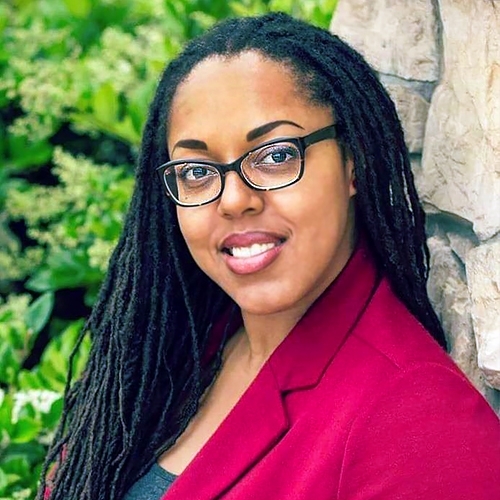
Liberate Millennials from The Pressures of Breastfeeding With the Power of Social Media Support

In 2014, Ghanaian-American mother and photographer, Vanessa Simmons authored the Normalize Breastfeeding™ movement to address the taboo of public breastfeeding in modern society. Her mission was to document diverse variations of normal infant feeding, across cultures and delivery methods of human milk.
Through Simmons' viral blog, her photographic speaking tour, philanthropy, and artistic inspiration; she mobilized and motivated thousands of women to share their breastfeeding photos on social media. After a very successful first year, she reached out to the Mayor of San Diego to proclaim June 27th the International Day to Normalize Breastfeeding, in support of the worldwide anniversary event!
Lactation educator and activist, Vanessa Simmons, is now speaking out at conferences and events across the country to eliminate general miseducation around the topic. On the Normalize Breastfeeding podcast, she interviews guests about experiences, advocacy, and activism within the infant feeding community worldwide.
As a public speaker, Simmons is focused on transforming the modern mindset around the natural, yet difficult task of breastfeeding. Vanessa trains lactation professionals to better understand and connect with millennial families online. She creatively motivates and inspires families to be mindful that this is a time to be cherished, and although fleeting, it is also a time to reinvent what will be acceptable for feeding generations of the future.
Simmons is an aspiring author and resides with her supportive husband and three children in San Diego, CA.
Many studies from around the world show that supporting moms on their journey can help them to successfully breastfeed and reach their personal feeding goals. Today we see many lactating parents go online through various social media platforms in search of support. Vanessa Simmons uses storytelling and humor to share her own support experiences and explains why creating social media support for millennial families liberates them from the on-going pressures around breastfeeding.

View Details / Enroll
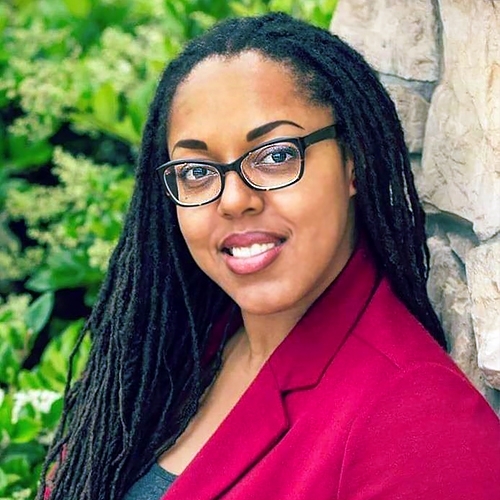
View Details / Enroll

Liderazgo en Lactancia - Para Alcanzar Metas Extraordinarias

Paulina is the mother of three multicultural Latino children and Project Director for Lifespan Local. Paulina earned her BS in Psychology from the Pennsylvania State University, a MS in Organizational leadership from the University of Denver and is completing her PhD in Health and Behavioral Sciences at the University of Colorado - Denver. Paulina has over 18 years of experience working with families with young children. As a Maternal Child Health specialist for Jefferson County Public Health, she developed a NICU follow-up home visitation program and the pediatric emergency preparedness plan, co-founded and coordinated the Conectando Network (former Adelante Jeffco), established community navigation and lactation support groups focused on the Latino Spanish speaking community, and lead other initiatives to support leadership and partnerships among communities and organizations. During the COVID-19 pandemic, she managed the new program Whole Community Inclusion to ensure the pandemic response and recovery implementation included health equity practices that recognize the needs and the strengths of priority populations in the county. Her areas of current work include promoting perinatal and infant mental health along the continuum of care; building community capacity to navigate health and education systems; facilitating organizational change to embrace linguistic and culturally responsive practices; and establishing community-placed participatory programs to strengthen communities. She likes to be with people, learn from and with others, and connect passions for meaningful work.
Topic: From the NICU to the home: mother’s experiences - [View Abstract]
Topic: Leadership Skills in Lactation: Make Extraordinary Things Happen - [View Abstract]
Topic: Liderazgo en Lactancia - Para Alcanzar Metas Extraordinarias - [View Abstract]
Topic: Nursing A Preemie, Perspectives For Lactation Supporters and Professionals - [View Abstract]
Muchos de nosotros comenzamos a trabajar en lactancia visualizando un mundo donde las madres y los bebés pueden amamantar sin barreras; sin embargo, aprendemos rápidamente que los desafíos de la lactancia materna van más allá del prendimiento y el posicionamiento.
Para apoyar efectivamente a una familia que amamanta, debemos apoyar a los padres, a la familia extendida, al doctor, a la cultura del lugar de trabajo, a la guardería y a la comunidad; en resumen, apoyar a una familia se transforma en la oportunidad para afectar todo el sistema social. De hecho, promover la lactancia se trata de construir sistemas y liderar cambios culturales para reforzar más profundamente la alimentación con leche humana como la norma.
Kouzes y Posner (2012) afirman: "si desea tener un impacto significativo en las personas, en las organizaciones y en las comunidades, lo más recomendable sería invertir en aprender comportamientos que le permitan convertirse en el mejor líder que pueda ser". Con esto en mente, los consultores y asesores de lactancia se beneficiarían aprendiendo conductas de liderazgo y habilidades que apoyarán sus esfuerzos hacia el cambio cultural, inspirarán visiones compartidas, desafiarán procesos, se convertirán en asesores estratégicos y liderarán desde adentro hacia afuera.
Los líderes en el mundo de la lactancia se beneficiarían de poder alinear valores y motivaciones con acciones y estrategias para promover la lactancia como parte del desarrollo de toda la comunidad y como una estrategia de salud pública. De esta forma, la lactancia tiene presencia en las iniciativas para la primera infancia, la salud materna e infantil, los programas de salud mental y cualquier intervención sanitaria, social y educativa.
¿Quiere normalizar la lactancia? Participe de esta presentación y aprenda a liderar iniciativas de lactancia extraordinarias en su comunidad.
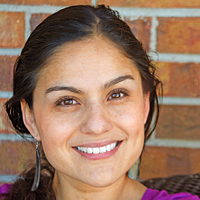
View Details / Enroll

Lies and Lactation Cookies: Raising the Bar for Breastfeeding Support Groups Online

Amy Barron Smolinski holds an MA from Union Institute and University, where her thesis explored re-emerging Sacred Feminine manifestations in the lives of contemporary women. She is the Executive Director of Mom2Mom Global, a network of breastfeeding peer support, education, and advocacy for military families. She works with breastfeeding dyads in a variety of settings, from inpatient postpartum and NICU to home visits, telephone, and online consulting as an Advanced Lactation Consultant and Certified Lactation Counselor. Supporting breastfeeding families has shown her how each parent’s breastfeeding journey with each of her children is a reclamation of her connection to her inner wisdom and power. Amy is an actress, director, and professional voice artist in Germany, where she resides with her husband and four sons, all of whom breastfed to self-weaning.
Topic: When Tears Flow and Milk Doesn’t: Support Through Breastfeeding Grief - [View Abstract]
Millennial parents live and learn on social media. Yet, much of the information available online, even through lactation “support” groups, is outdated, inaccurate, and counterproductive. Millennial parents, particularly mothers, also place pressure on themselves to get parenting “right,” which leads to a complex and dangerous blend of anxiety, guilt, and fear surrounding all of their parenting decisions. Facebook closed groups can be an effective platform for creating a virtual breastfeeding support group, but just as in real life, the groups must be properly facilitated. This presentation offers step by step guidance to creating, setting up, and maintaining a Facebook breastfeeding support group. We’ll deconstruct common controversies that occur within social media, and analyze conflict management strategies to create safe spaces online.

View Details / Enroll

View Details / Enroll
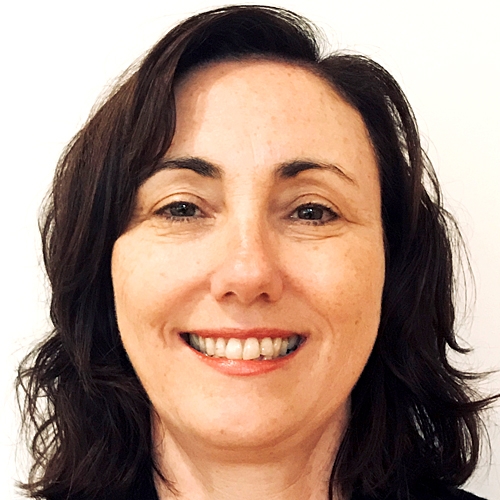
Liquid Gold from the Milk Bar: Health Professional Language and Practices When Providing Breastfeeding Support

Dr Elaine Burns is a Registered Midwife and Senior Lecturer at Western Sydney University and Chair of the NSW Branch of the Australian College of Midwives. Elaine has worked in the area of midwifery and women’s health for more than two decades and has an established track record as clinician, educator and researcher. Her current research interests focus around midwifery practice during the early postnatal period and peer and professional breastfeeding communication. Elaine is passionate about improving support for women who are breastfeeding and the early transition to mothering.
The language and practices of health professionals can impact upon how a woman feels about breastfeeding and her breastfeeding baby. This presentation will report on the observed, and audio recorded, language used by health professionals during the early establishment phase of breastfeeding. Much of the language positioned breastfeeding as the mechanical production of nutritious fluid rather than a relational interaction between mother and baby. At times the infant was positioned as an antagonistic being with the capacity to ‘think and decide’ whether to cooperate with breastfeeding. An alternative discourse emerged from a more relationship-focused approach to breastfeeding support. This presentation will report on projects which have included the observation of interactions between breastfeeding women and midwives, and/or lactation consultants and/or trained breastfeeding peer supporters. Exemplars of best practice for health professionals, and peer supporters, who provide breastfeeding support during the early establishment of breastfeeding, will be provided.

View Details / Enroll
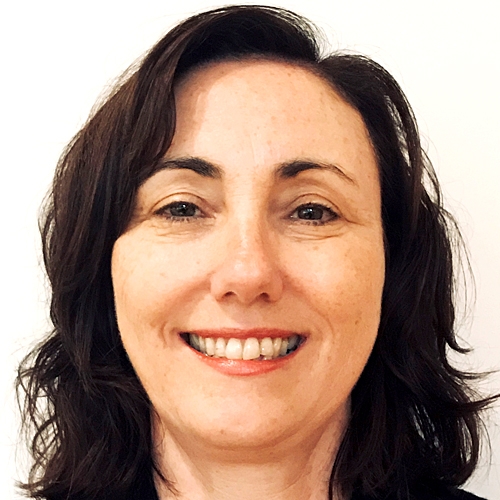
View Details / Enroll

Love Makes A Family: Supporting LGBTQIA+ and Gender Non-Conforming Families

Jeanette McCulloch, IBCLC, is the co-founder of BirthSwell, spreading birth (and breastfeeding and MCH) genius, changing policy, and building businesses and organizations using strategic digital communications. With more than 20 years experience in communications and women’s health advocacy, she provides consultation to local, statewide, national, and international birth and breastfeeding organizations and small businesses. She has published research and spoken at national conferences on reaching millennial parents online. She is passionate about health equity and ensuring that all families have access to high-quality, culturally sensitive birth and lactation care. Jeanette unplugs with her partner and two children while splashing around in the gorges of her hometown, Ithaca, NY.
As lactation professionals and supporters, we will encounter LGBTQIA+ and gender non-conforming families in health care settings, private visits and support groups. Deepen your knowledge of the unique needs of queer, trans and gender-non conforming parents during lactation. This session allows participants to explore our awareness, ask questions in a safe space and develop the tools to meet all families where they are.

View Details / Enroll

View Details / Enroll
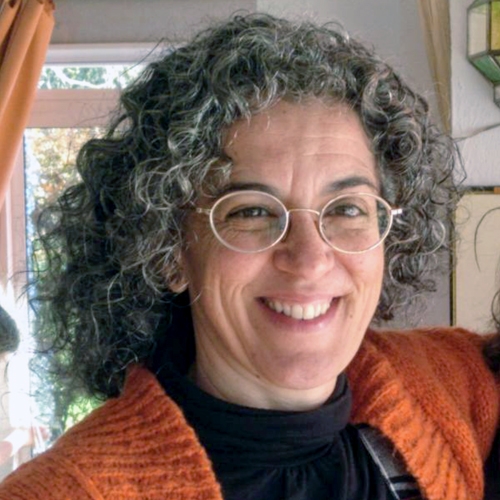

Carmela is a family medicine MD, bachelor´s degree in Public Health Education, and IBCLC since 2005. She is also a BFHI Evaluator and the co founder and past president of the Spanish Lactation Consultant Association (AECCLM). She works in a private Family Wellness Clinic, Raices, as person in charge of the lactation program, which includes two IBCLCs attending breastfeeding families and an extensive offer of breastfeeding training for health care professionals and breastfeeding peer counsellors. The team has trained over three thousand doctors, midwives and nurses from both the Spanish National Health Service and the private sector in Spain. She is a frequent lecturer at national conferences, and has also lectured internationally, both on-site and online. She is the author of several scientific papers on breast pain, mastitis and tongue tie. She is also the author of a breastfeeding/parenting book, “Amar con los Brazos Abiertos” (To Love with Open Arms). She is married to Carlos and they homeschool their four children.
Topic: Assessment and Management of Mastitis - [View Abstract]
Topic: Getting Milk Production off to a Good Start - [View Abstract]
Topic: Management of Chronic Breast Pain: Holistic Approach - [View Abstract]
Topic: The Art and the Science: A Critical Look at the Physiology and Management of Mastitis - [View Abstract]
When a breastfeeding mother consults because of chronic, deep breast pain, we feel weak at the knees. Often these mothers have been to several specialists and nothing has worked for them. Is it mastitis? Thrush? Referred pain from an inadequate latch? Emotional issues? Or is it all of the above, and even more? In this presentation we will learn to do an in-depth clinical history and to use an holistic model for a systematic management of chronic breast pain, so we can offer these mothers more efficient solutions – and better counselling.

View Details / Enroll
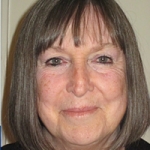

Pamela Morrison has worked with breastfeeding mothers and babies for 30 years. She served as a La Leche League Leader in Harare, Zimbabwe from 1987 before certifying as the first IBCLC in the country in 1990. She worked in private practice until 2003, before moving to Australia and then to England. She served for many years on the Zimbabwean National Breastfeeding Committee and on the BFHI Task Force. She has subsequently served as Co-coordinator of the WABA Task Forces on Infants Nutrition Rights and on Breastfeeding and HIV. Pamela continues to write and speak for the preservation and protection of breastfeeding in challenging situations.
In biological terms, successful breastfeeding demands that the baby survives and thrives on his mother’s milk. “Not-enough-milk” (either real or perceived) has long been recognized as the most common reason why mothers abandon breastfeeding. Ways to identify for the mother whether a baby is “getting enough” are discussed. The causes of inadequate breastmilk intake include physiological/anatomical conditions in mother/baby, poor lactation management or other more obscure causes. While planning interventions to enhance breastmilk production and improve infant intake, it is important to protect the baby’s nutritional status. Simultaneously implementing strategies to increase the mothers’ breastmilk supply while caring for a high-need baby can be immensely challenging. Each client will need constant support, reassurance and re-evaluation. Turning such a difficulty around, with the goal of eventually returning to exclusive breastfeeding, can be one of the most fulfilling and rewarding situations that an IBCLC can work with.
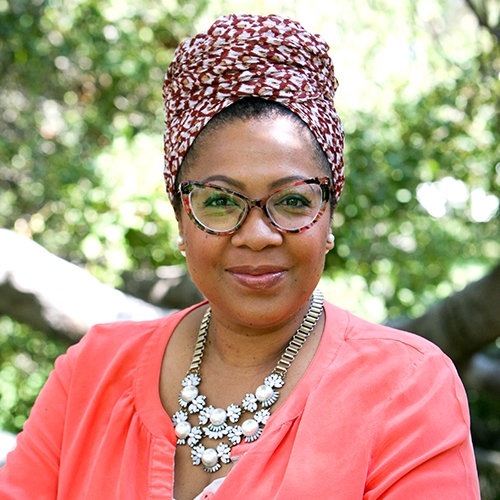

Nekisha Killings is an equity strategist, internationally board-certified lactation consultant, and maternal and child health advocate who speaks, teaches, and facilitates on topics related to equity and dismantling bias across various sectors.
When she is not home educating 4 future world changers, she acts as a Director of Equity, Inclusion and Belonging at Lactation Education Resources and consults organizations on creating and implementing strategies to better support marginalized communities.
Nekisha holds a Masters in Public Health and penned the chapter titled Cultural Humility in the latest Core Curriculum for Interdisciplinary Lactation Support text. Nekisha is on a mission to normalize brown breasts and nipples in health education, thereby better equipping healthcare providers to accurately assess and treat people of color.
Nekisha's work is rooted in a compassion and candor that could only have been cultivated in years of supporting new parents during their first days of parenthood. Nekisha is an active duty military spouse who has been awarded the Spouse of the Year designation for her volunteer efforts supporting families.
Topic: Breast Assessment and Non-White Skin Tones - [View Abstract]
Topic: BreastSide Manner: A Patient-Centered Approach to Lactation Support - [View Abstract]
Topic: Marching Orders: Developing Practical and Impactful Care Plans - [View Abstract]
What good is a successful patient consult if the follow-up instructions are not thorough or are too complicated to follow? In this talk, we’ll review best practices in Care Plans, and explore innovative approaches to developing plans. The goal is to increase patient compliance and the right Care Plan can be a powerful tool towards full compliance. We will discuss pitfalls of traditional plans, dos and don'ts in writing plans, and crafting plans that are culturally sensitive and realistic. We’ll also explore using to technology to create adaptable and adjustable plans.



